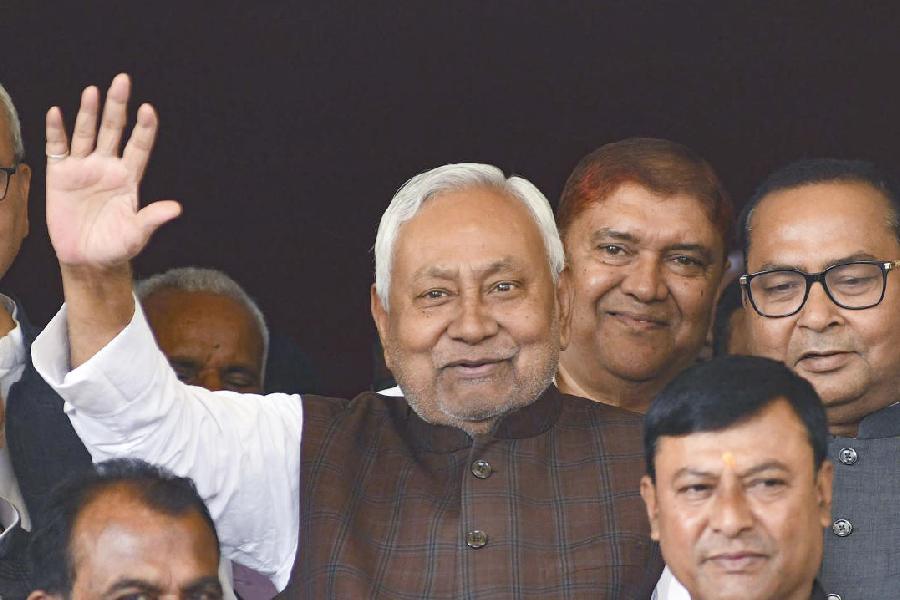Sebi chief Tuhin Kanta Pandey on Friday said that India needs both domestic and foreign capital for its growth while promising more transparency in disclosures from the regulator to boost investor confidence.
This gains importance as geopolitical uncertainties resulting from retaliatory tariffs and wars are prompting FPIs to realign their emerging market investment strategies.
The capital market regulator plans to engage with FPIs and AIFs (alternate investment funds) that are often used by high-networth individuals and foreign investors to invest in India and Pandey said that Sebi is also open to further rationalise regulations if required for ease of operations.
“As we intend to grow at the speed that we are aspiring, we need to have both domestic and foreign capital to support the growth momentum. With strong economic fundamentals and favourable demography, India is a bright spot for long-term investments. The country has attracted global investments across equity, debt and private equity space over the years,” Pandey said in his first public appearance after taking charge on March 1.
“We at Sebi are conscious of the need to create a conducive environment to attract foreign capital. We will be happy to engage with FPI and AIF industry participants to address their difficulties and further rationalise regulations to promote ease of operations,” he said at an event organised by Moneycontrol.
Data from NSDL shows that in six of the last thirteen months, foreign portfolio investors were net sellers in India. The outflows, which continued in March, were primarily in the equity segment. The strengthening dollar and rising US bond yields also have made US assets more attractive, leading to capital flight from Indian equities.
“As we face global headwinds in terms of geoeconomic fragmentation, tariff issues and elevated uncertainties, we need to build upon our resilience and strength to sustain our growth,” Pandey said.
A high level of sustained growth, low current account deficit, low external public debt, healthy bank balance sheets, fiscal consolidation road map, continuing push on government capex and infrastructure and forex reserves buffer are some key pillars of support for India’s resilience against exogenous shocks, he said.
Conflict of interest
Pandey on Friday promised to come out with a framework where Sebi board members will have to reveal conflicts of interest to the public.
“Trust and transparency are the pillars of a healthy capital market. Enhanced transparency in regulatory action, corporate reporting and market operations will further strengthen the trust of both domestic and global investors in India’s financial markets. And I think the trust and transparency extends to Sebi itself,” Pandey said.
“We need to be more transparent, including for example on conflict of interest of the board, and we would be coming forward with our own plan to further transparently reveal these conflicts of interest to the public,” he said.
Last year, US-based short seller Hindenberg had made specific allegations against Pandey’s predecessor Madhabi Puri-Buch circling around potential conflicts of interest based on whistleblower documents. These allegations included her personal investments in an offshore fund where an affiliate of the Adani group, which Sebi was investigating, was a co-investor.
In response to those, Sebi had said that Buch had made “relevant disclosures” and recused herself when required and the allegations against the Adani group were duly investigated.










